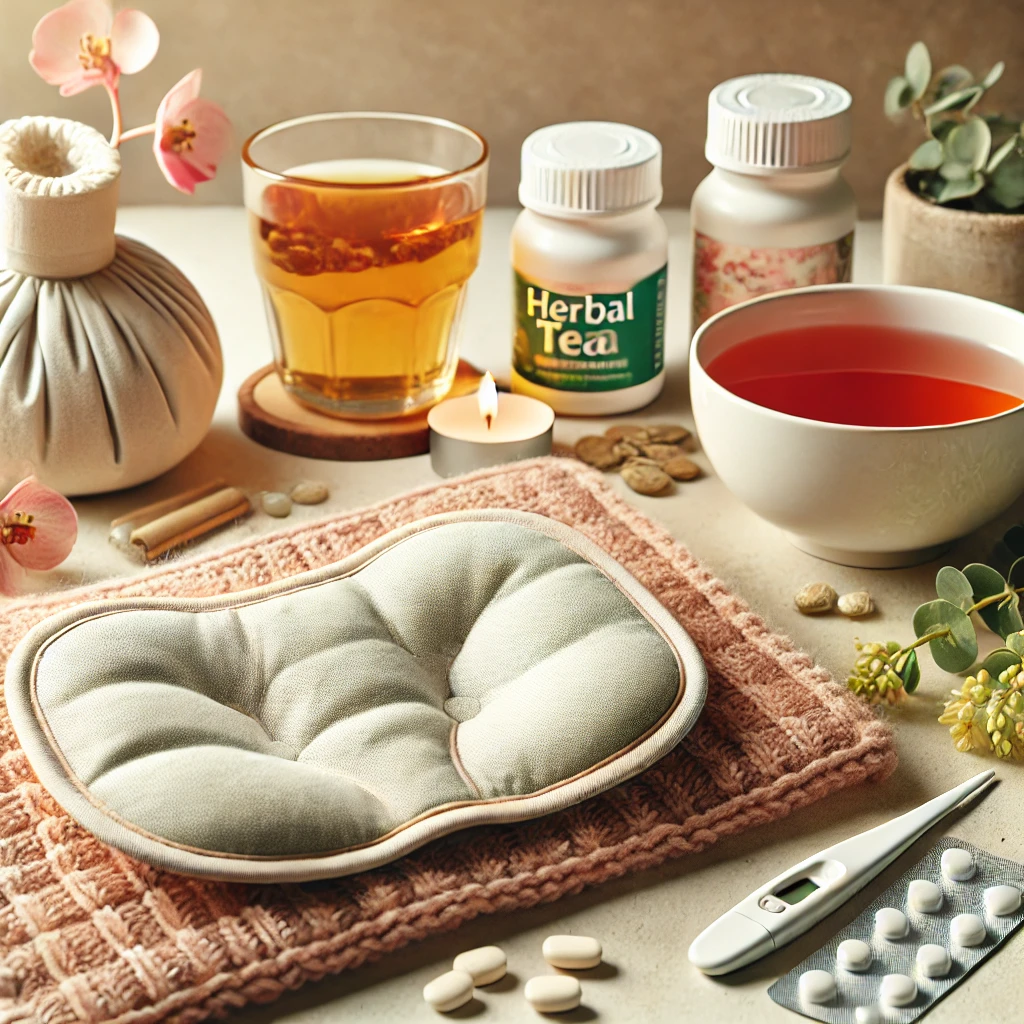Cystitis can be incredibly uncomfortable, bringing pain, frequent urination, and a burning sensation that disrupts daily life. Knowing what pain relief options truly work can make a significant difference. This guide will explore a mix of effective treatments, from conventional medications to natural methods, so you can find relief and get back to feeling your best.
Recognizing the Pain of Cystitis
Cystitis pain comes from inflammation of the bladder lining, which makes it sensitive to urine’s natural acidity. This pain often peaks during urination and can cause discomfort in the lower abdomen and back. Understanding these symptoms helps in choosing the right pain relief options, especially for recurrent cystitis.
Medical Pain Relief Options: What Really Works
- Over-the-Counter (OTC) Pain Relievers
- Ibuprofen and Aspirin: These anti-inflammatory drugs can reduce swelling in the bladder lining, which in turn decreases pain. They’re typically used for short-term relief.
- Paracetamol: While not anti-inflammatory, it’s gentle on the stomach and effective for mild cystitis pain.
- Prescription Medications
- Antibiotics: Although primarily to treat infection, antibiotics relieve pain by tackling the root cause. For those with recurring cystitis, AMAÉ Clinic can prescribe antibiotics tailored to your needs.
- Phenazopyridine: A urinary tract analgesic, often prescribed short-term, targets urinary pain directly. However, it’s only suitable for short-term use (2-3 days).
- Antispasmodics
- Hyoscine and Oxybutynin: These relax bladder muscles, reducing cramping pain often associated with cystitis. Suitable for individuals whose cystitis includes frequent urgency or bladder spasms.
Natural Remedies for Pain Management
- Heat Therapy
- Applying a heating pad or warm water bottle to the lower abdomen can soothe bladder pain by relaxing muscles and reducing inflammation. This is especially helpful for those experiencing pain at night.
- Cystitis-Friendly Teas
- Chamomile tea: Known for its anti-inflammatory properties, chamomile tea can help ease discomfort and encourage relaxation.
- Peppermint tea: It has mild pain-relieving effects and helps with digestive discomfort, often associated with cystitis.
- Hydration with a Twist
- While water is crucial for flushing out bacteria, adding a teaspoon of baking soda can help neutralize urine acidity, offering some relief. Avoid this remedy if you have blood pressure issues, as baking soda can raise sodium levels.
What Doesn’t Work (and Why)
- Alcohol and Caffeine
- Both are bladder irritants, and alcohol is a diuretic, which can make symptoms worse. For best results, avoid these beverages during a flare-up.
- Cranberry Juice
- Although popular, cranberry juice hasn’t been proven effective for treating cystitis pain. In fact, the acidity of cranberry juice can irritate the bladder.
- Spicy Foods
- Spicy foods increase the acidity of urine, potentially exacerbating bladder pain. When you’re experiencing symptoms, stick to bland foods until discomfort subsides.
Prevention Strategies for Future Relief
Taking steps to prevent cystitis can help manage pain before it even begins. Consider these preventive lifestyle changes:
- Hydration: Drinking at least 2 liters of water per day helps flush bacteria from the urinary tract.
- Wiping Front to Back: For women, this simple habit can prevent bacterial spread.
- Avoid Holding Urine: Going when you feel the urge can prevent bacterial buildup.
- Regular Check-ups: If you experience cystitis frequently, AMAÉ Clinic offers consultations and tests to identify underlying causes and offer a tailored prevention plan.
When to Seek Medical Help
If you experience any of the following, contact a healthcare provider:
- Persistent pain or recurring cystitis symptoms
- Blood in urine
- Fever, chills, or severe back pain
AMAÉ Clinic provides convenient, confidential online consultations to discuss your symptoms, find effective treatment options, and ensure ongoing support.
Summary
Pain from cystitis can be managed with the right combination of medications, natural remedies, and lifestyle adjustments. From over-the-counter painkillers and heating pads to avoiding bladder irritants like caffeine and spicy foods, there are multiple approaches to tackle the pain. Always consult a healthcare provider, especially if symptoms are severe or recurrent. With options like AMAÉ Clinic’s online consultations and personalized prescriptions, you don’t have to face cystitis pain alone.
